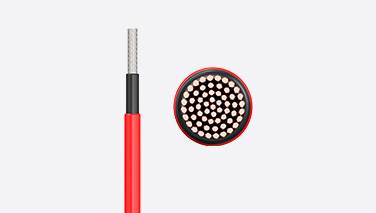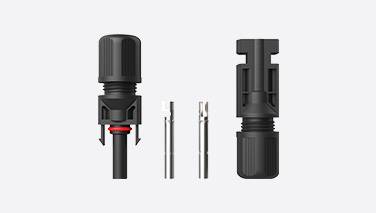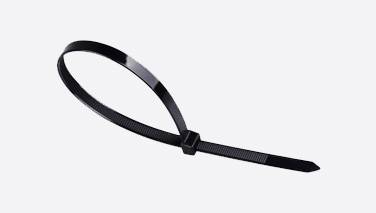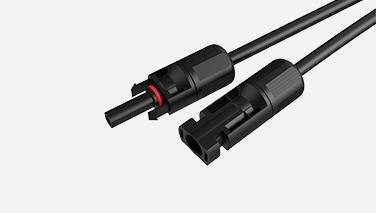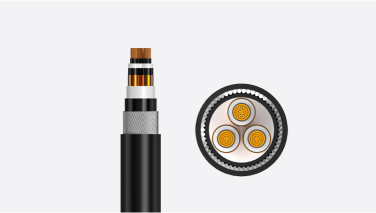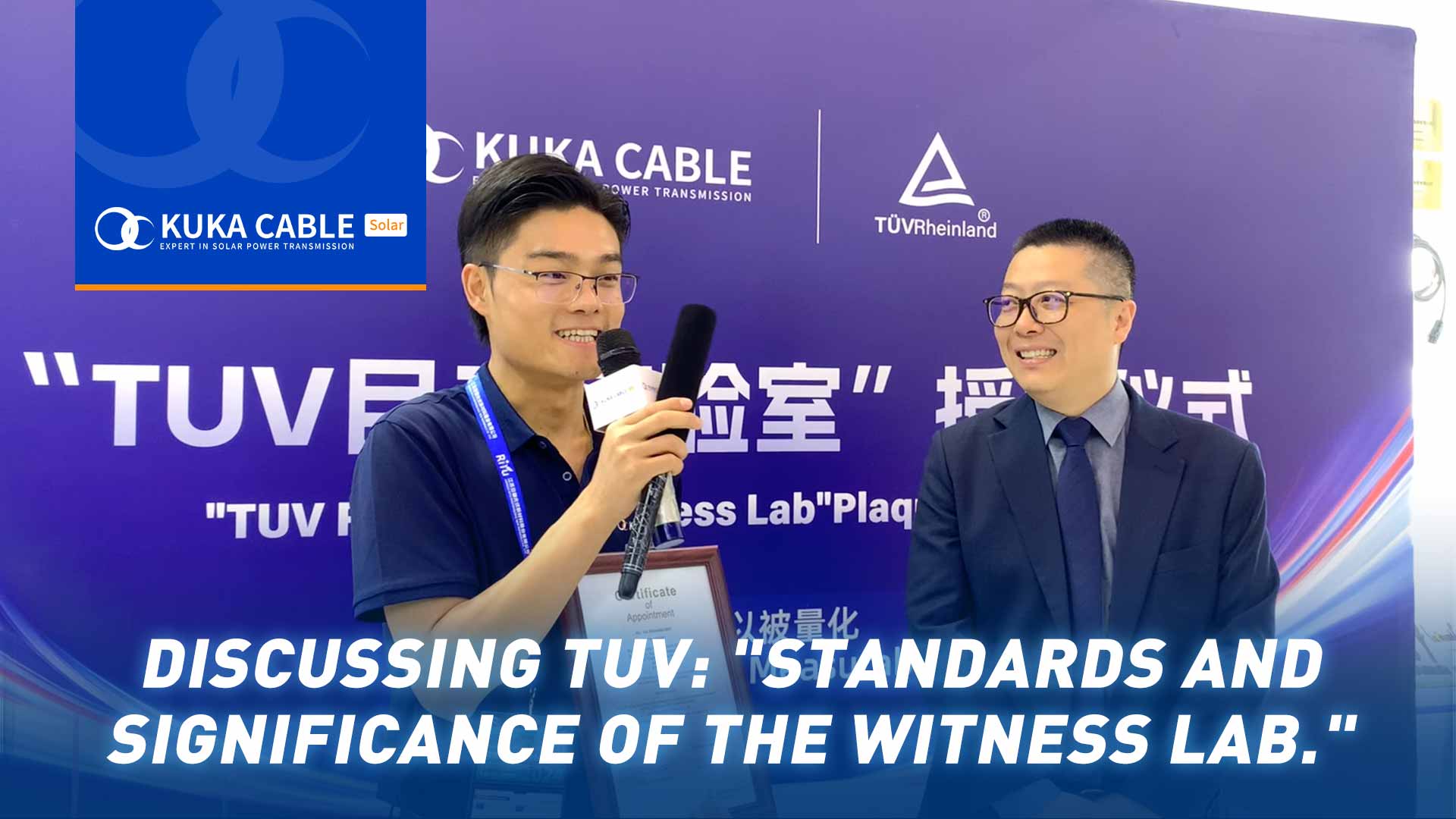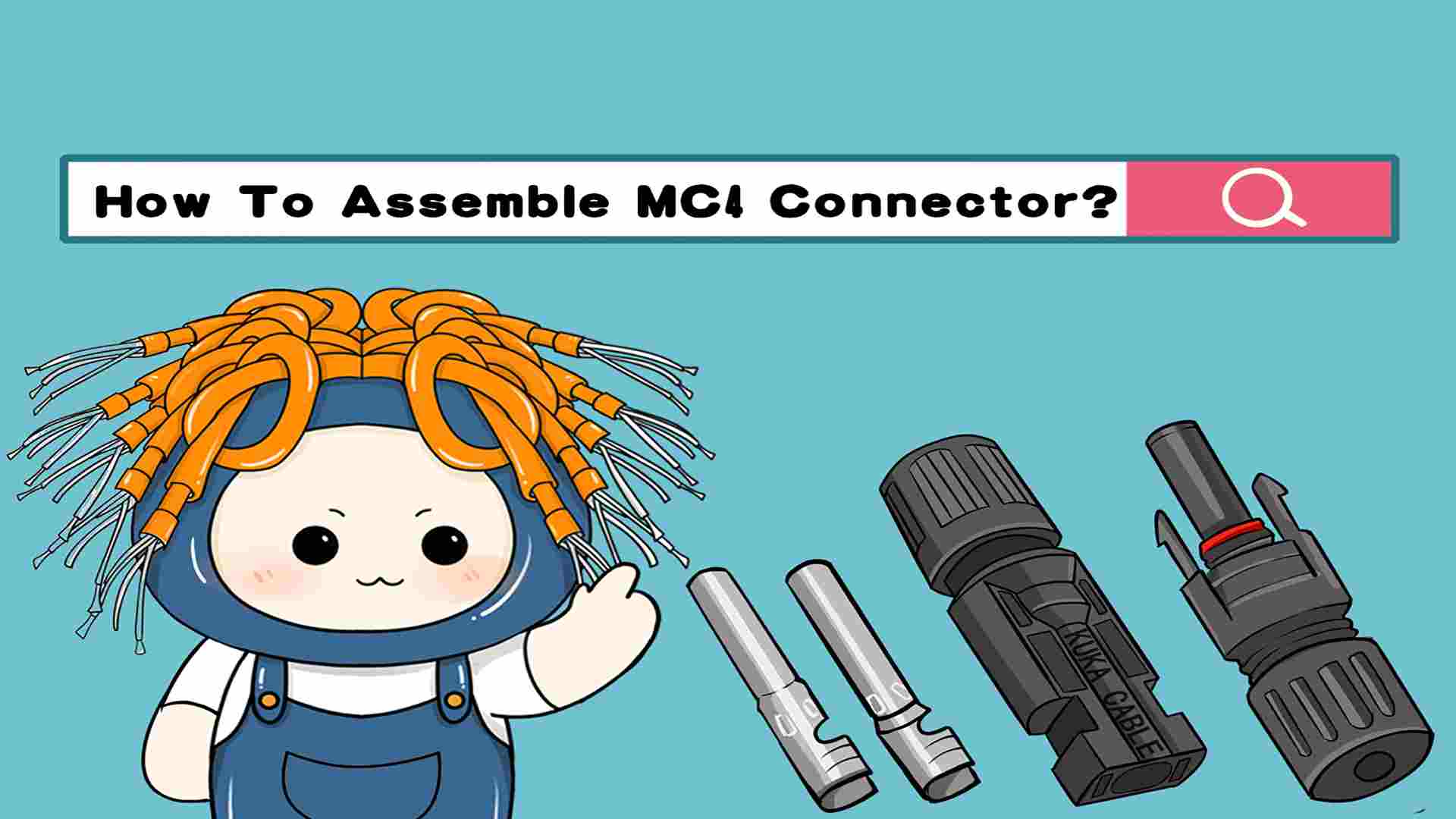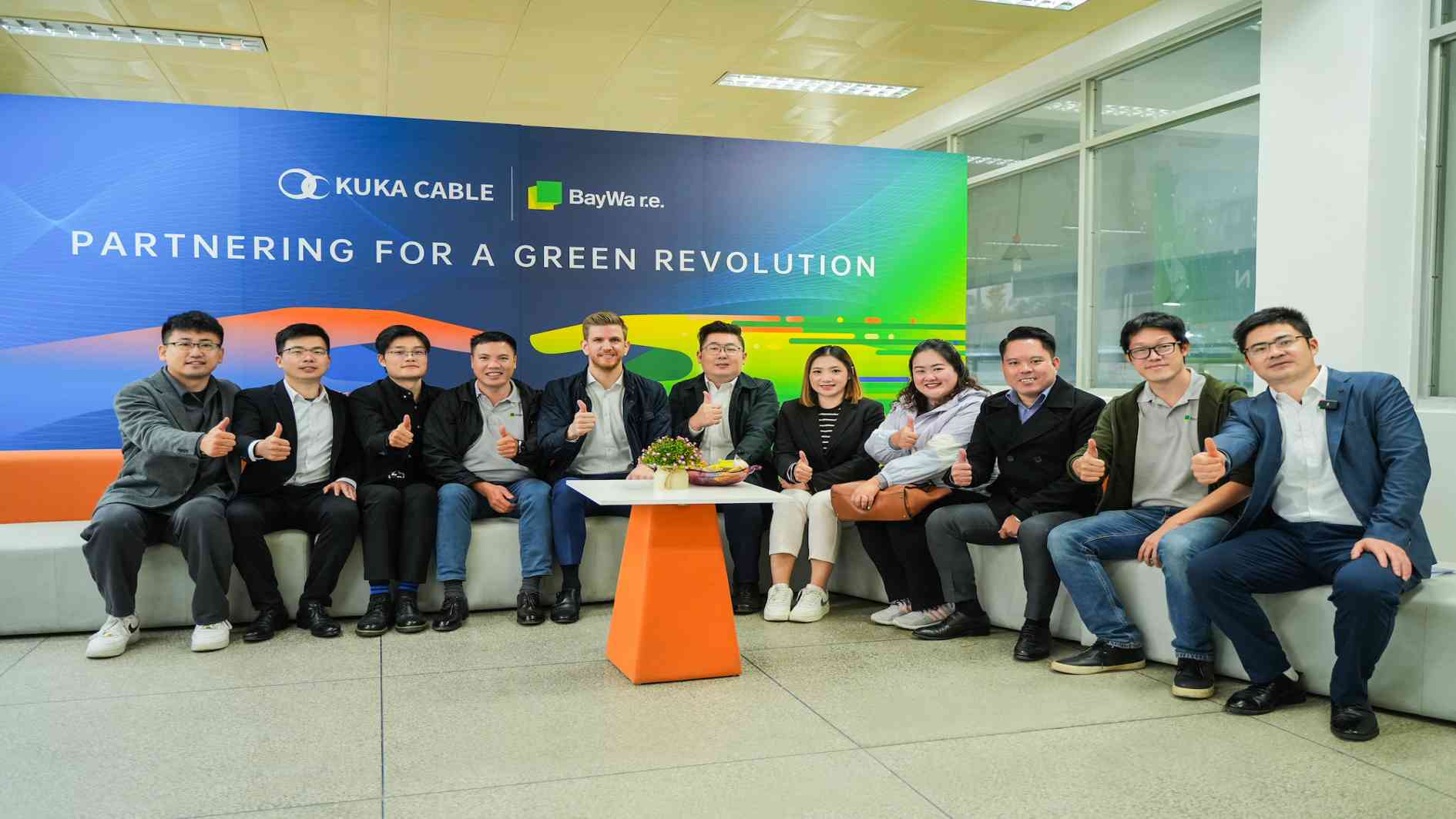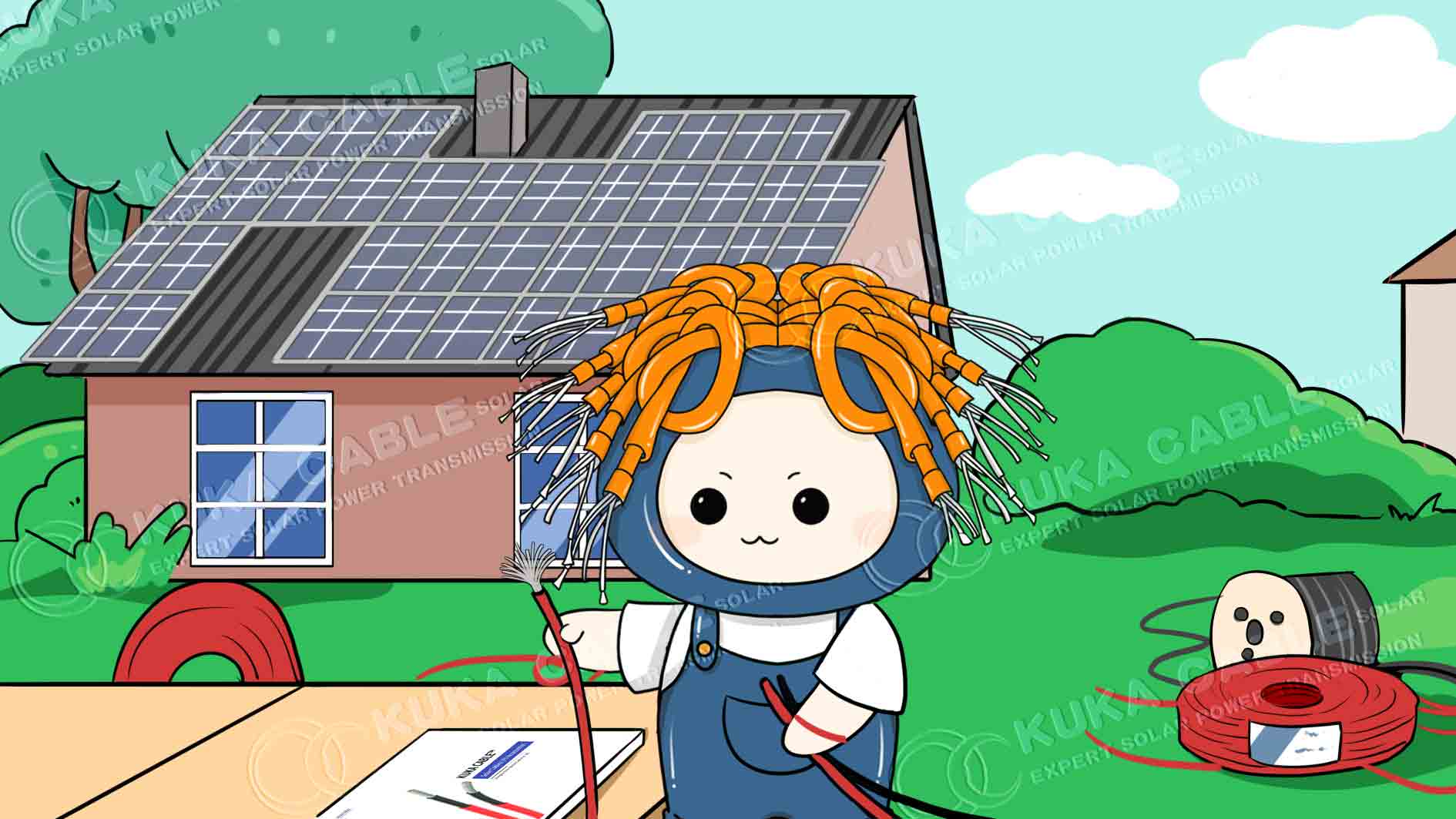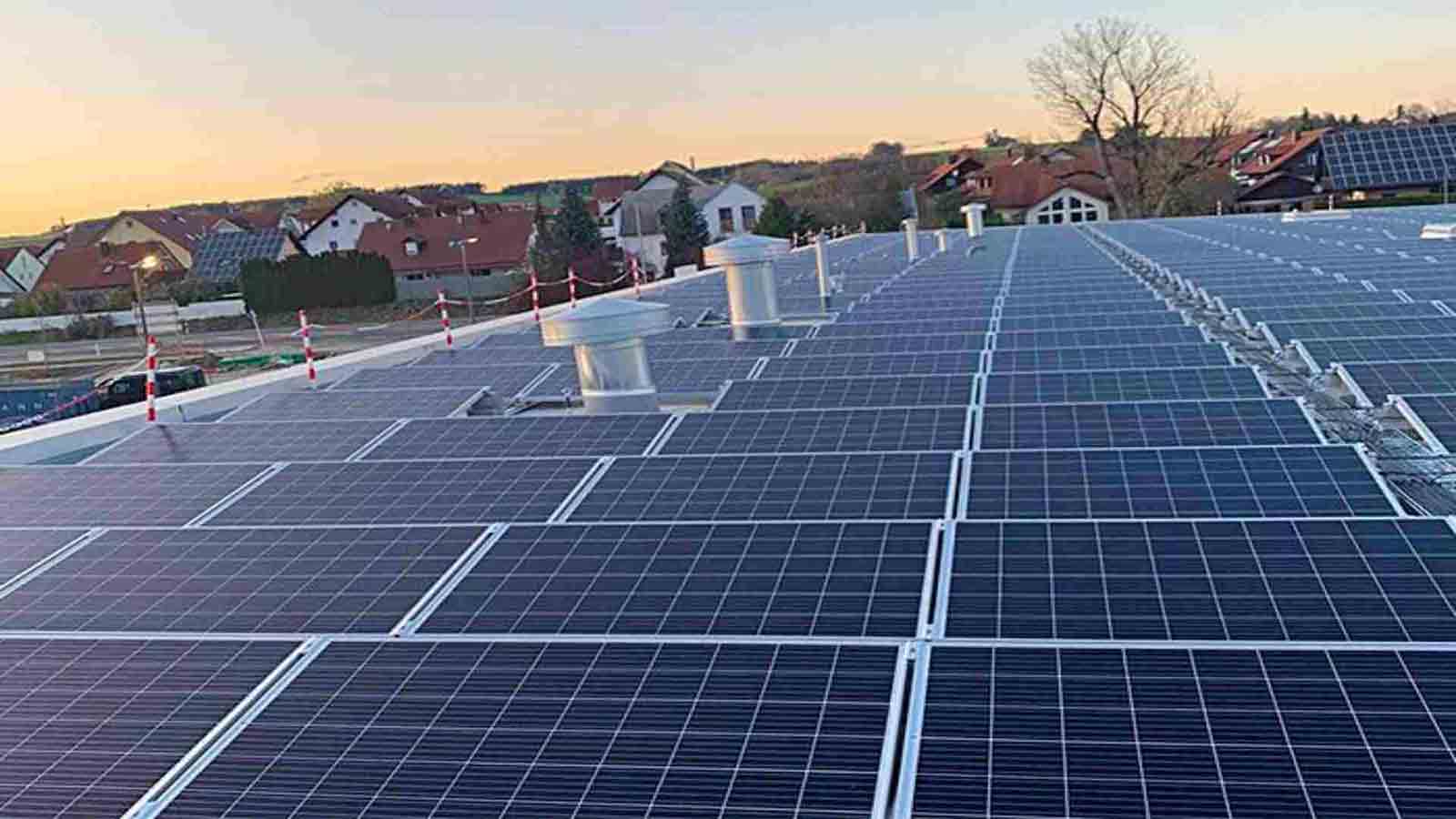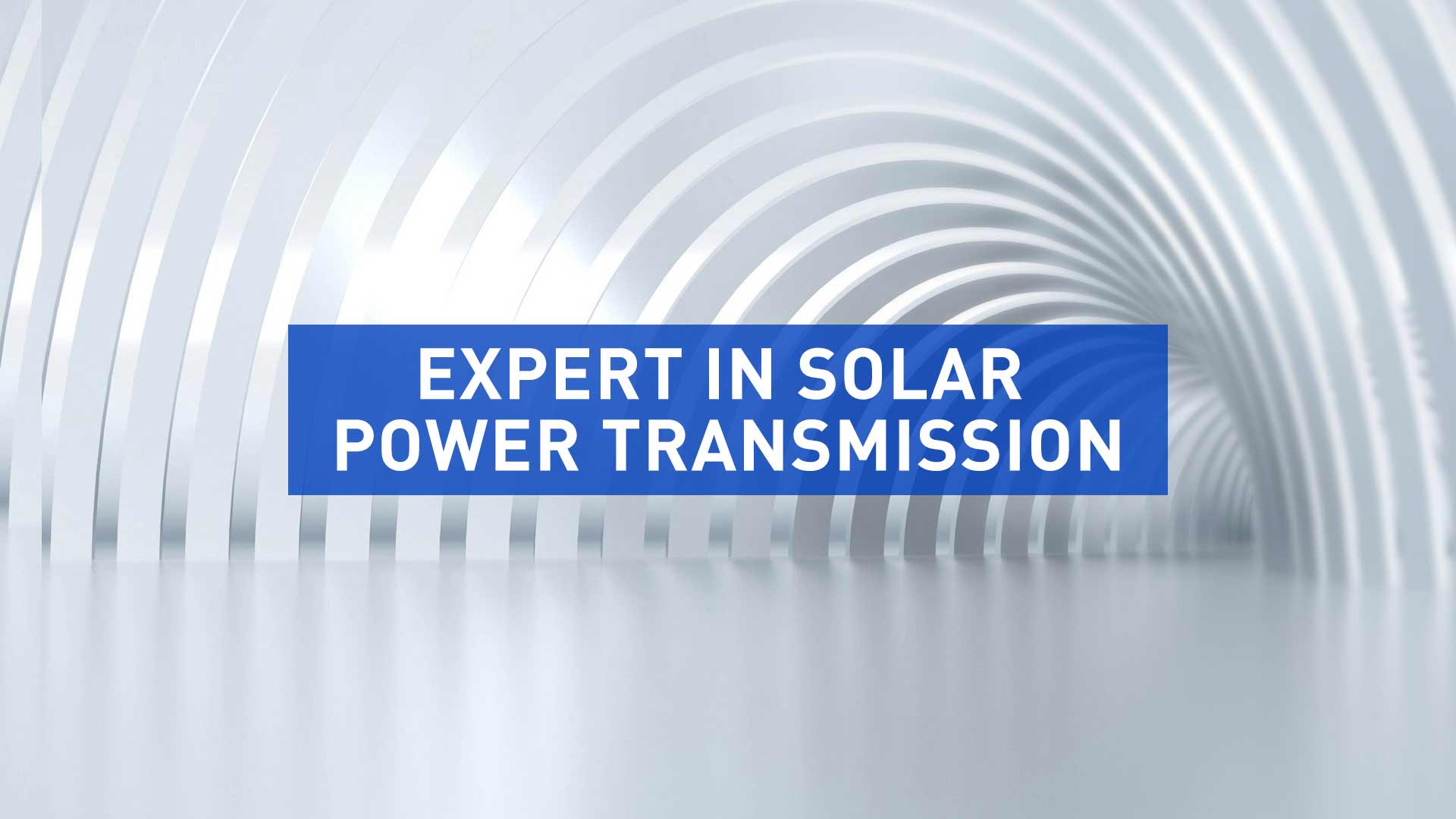AD8 Floating Solar Cables: Powering PV Innovations on Water
JANUARY 12ST,2024
In daily life, cables are used in a variety of scenarios for applications or installations, and the cable industry continues to push the boundaries and develop cables that are adapted for use in different harsh conditions. Today we are going to introduce the cables that are needed for photovoltaic power plants on water - AD8 floating solar cable
Floating solar cables are specialized cables designed for floating solar photovoltaic (PV) systems. These systems, also known as floating solar farms or floating PV systems, involve installing solar panels on bodies of water such as lakes, ponds, reservoirs and even oceans. Floating solar cables play a vital role in connecting the solar panels, inverters and other electrical components in these unique installations.
Key features of floating solar cables include
Buoyancy and Water Resistance: Floating solar cables are designed to prevent water from seeping in and remain buoyant. This is critical to ensuring the durability and safety of the electrical connections in a floating solar system.
UV Resistant: Cables are typically made with materials that resist damage from ultraviolet (UV) radiation, which is critical for cables that are exposed to the sun for long periods of time.
Flexibility: Since floating solar panels move with the flow of water, cables must be flexible to accommodate this movement without affecting the electrical connections.
CORROSION RESISTANT: Floating solar cables are often manufactured using corrosion resistant materials, especially if the system is deployed in seawater or other corrosive environments.
Temperature Resistance: Cables should be able to withstand temperature changes and operate effectively in varying environmental conditions.
Electrical Performance: Floating solar cables need to meet electrical performance standards and carry the current generated by the solar panels to the inverter and other components with minimal loss.
Standards compliance: Adherence to industry standards and regulations is critical for safety and compliance.
It is important to note that the choice of floating solar cable depends on the specific requirements of the floating solar installation. Different manufacturers may offer cables with different specifications, so it is important to choose cables that are compatible with the system design and meet the necessary safety and performance standards.
Such cables are often made of special waterproof materials and designed to ensure reliable transmission of power signals despite wet conditions. They also need to meet specific waterproofing certifications, such as the AD8 certification standard for floating solar cables suitable for use in floating power stations.
Waterproof cables are used in a wide range of applications where protection against moisture, rain or underwater environments is required, such as underwater equipment, outdoor power transmission, submarine cables and solar modules. Their design can include waterproof jackets, sealed joints and other protective layers to protect the conductors and insulation inside the cable from moisture. This helps to ensure that cables operate reliably for long periods of time in harsh climates or water environments.
Classification of waterproof cables and practical scenarios
Waterproof cables are graded from AD1-AD8, with increasing waterproof performance.
The most common waterproof PV cables on the market are AD7 and AD8.
AD7
PV cables with protection class AD7 are designed to withstand short-term immersion in water. solar cables type H1Z2Z2-K are suitable for protection class AD7, which means that they are protected against short-term water immersion according to EN 50618.
AD8
Solar cables with protection class AD8 are protected against water immersion for an indefinite period of time.
KUKACABLE's solar floating cables are certified according to TÜV 2 PfG 2750/09.20 and fulfill the highest requirements for photovoltaic applications in waters and reservoirs.
KUKACABLE Solar Floating Cables are the only solar cables with 4 different TÜV certifications. Outstanding water and UV resistance ensures high fail-safe and long service life.
TÜV EN 50618 (H1Z2Z2-K)
TÜV IEC 62930 (62930 IEC 131)
TÜV 2 pfg 1169/10.19 (pv 1500-k)
TÜV 2 pfg 2750/09.20



